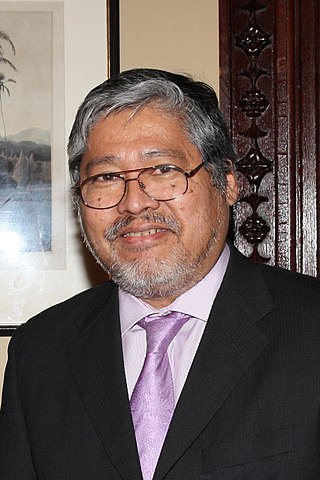News
PH, EU to form panel to implement tie-up deal

“The PCA allows the Philippines and the EU to address new challenges in a more coherent and sustainable manner through regular dialogue and cooperation,” Manalo said. (File Photo: Foreign and Commonwealth Office/Flickr, CC BY 2.0)
MANILA — The European Union (EU) and the Philippines are eyeing to establish a joint committee soon to follow up and implement its recently ratified Partnership and Cooperation Agreement (PCA).
The PCA provides for the establishment of a joint committee composed of senior level officials from both sides to implement and promote its objectives.
This joint committee will be followed by the establishment of specialized sub-committees to deal with specific areas covered under the PCA.
During a conference on Aug. 29, titled “Reaping the Benefits of the Philippines-EU Partnership and Cooperation Agreement”, Foreign Affairs Undersecretary Enrique Manalo said the Philippines is ready to bring its relations with the EU forward to a higher level on the basis of equality and mutual respect.
“The PCA allows the Philippines and the EU to address new challenges in a more coherent and sustainable manner through regular dialogue and cooperation,” Manalo said.
“The PCA will provide a platform for the Philippines and the EU to discuss candidly not only our common concerns, but equally important, to understand, to manage, if not transcend our differences,” he added.
Retired EU ambassador James Moran, the EU chief negotiator when Manalo was the ambassador to Belgium and to the EU from 2010 to 2011, agreed that the next step of PCA implementation is to finalize the rules of procedure for the joint committee and its specialized sub-committees.
Moran said it would be helpful to take into account the experience of other PCAs in the region, such as in Indonesia where the agreement has been operational since 2016.
Meanwhile, EU Ambassador to the Philippines Franz Jessen said the PCA should serve as the general framework of relations between the Philippines and the EU on areas such as political matters, human rights, justice and security, trade and investment, migration and development, and other economic development and sectoral issues.
“(The) entry into force of the PCA with the Philippines clearly illustrates the maturing of Philippines-EU relations between equal partners who share common values and interests,” he said.
In the past, President Rodrigo Duterte had been critical toward the bloc following its statements against the human rights situation in the country.
Philippine Ambassador to Belgium Eduardo Jose de Vega said while the two parties can have different views on various issues, “we are of the same mind” that the EU and the Philippines will work for the benefit of all and the PCA will facilitate this.
Figures from the EU delegation in Manila showed that the EU is the Philippines’ third largest export partner, with exports in the first half of 2018 reaching USD4.6 billion.
This includes an increase in the agri-food, fisheries and footwear sectors, which can be attributed to the GSP+ preferential treatment.
EU foreign direct investments (FDIs) also represent the largest amount of FDIs in the Philippines. They represent more than 500,000 jobs in the country.
In the framework of a dedicated peace panel, Presidential Peace Adviser Jesus Dureza, who was also present at the event, said the inter-government cooperation is vital in addressing violent extremism, stressing the importance of the EU commitment to peace.
“We hope that the work that we are doing now continues to get EU support because, to be honest with you, we need you,” Dureza said.
National Security Council chief Hermogenes Esperon Jr. said the EU is now more important than ever in support to a resilient peace in Mindanao.
The EU-Philippines event was the first of its kind after the Senate gave its concurrence for the ratification of the PCA early this year.





















